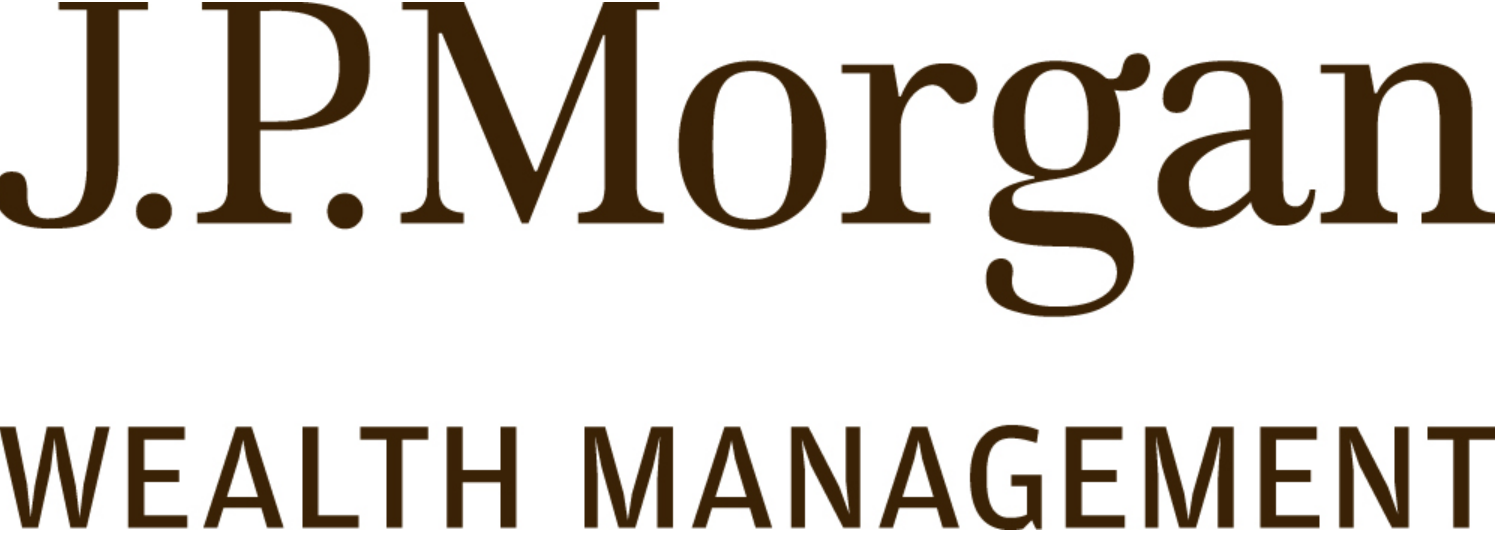What advice do you have for a first-time investor?
First-time investors could be very different, so a single piece of advice is probably not appropriate for all of them. If we assume that the first-time investor is a young professional, for example, in their first job right after school, they have a long investing horizon in front of them. Hence, they could be more aggressive in selecting a portfolio, mainly comprising domestic (U.S.), or even international equity. These young investors are in their savings part of the investment horizon and do not require short-term liquidity so that they can afford riskier investments, at least with a portion of their portfolio. Another consideration is the level of the risk-averseness for these first-time investors. Even if they have a long-term investing horizon and low liquidity requirements, first-time investors may opt for safer investments if they are very risk-averse. In that case, instead of equity (stocks), fixed income securities (bonds) will be more appropriate.
What is a common misconception about investing?
Investing is an individual choice. One of the common misconceptions about investing is that investments always have positive returns, i.e., if you invest, you will earn money at all times. This belief might be true on average, measured as a cumulative return over many years. However, the performance of an investment portfolio could be volatile, i.e., experiencing both negative and positive returns periodically. Another misconception about investing is that anyone who invests in financial markets will become rich quickly. While this might happen, it is not the norm but rather an exception. A third misconception could be that investing is trading, which is not the case. One can think of trading as short or very short-term investing; however, investing, per se, implies a long or a very long-term holding of the purchased securities, accompanied by a low-frequency rebalancing of the portfolio.
How can investors feel more confident when choosing a brokerage?
Excellent question. Investors should consider very carefully whom they will be choosing to trust with their investment decisions. There is a distinction between a brokerage and an investment advisory firm. Brokers engage in the business of effecting transactions in securities for the account of others, for which they receive compensation. When brokers recommend securities to their clients, they must ensure that the investment is "suitable" for the client. On the other hand, investment advisors advise others about investing in securities and receive compensation for the advice. When investment advisers recommend an investment to their clients, the investment needs to be in "the best interest" of the client. These differences are essential and create two different standards of conduct: 1) Suitability for brokers and, 2) Fiduciary ("best interest of the customer") for investment advisers. Investors should know the difference, and before entrusting their investments to securities professionals, they should ask whether they are a "fiduciary"? Investors can be confident if the answer is "Yes, I am a fiduciary."






































